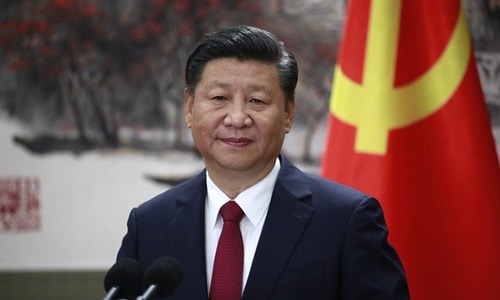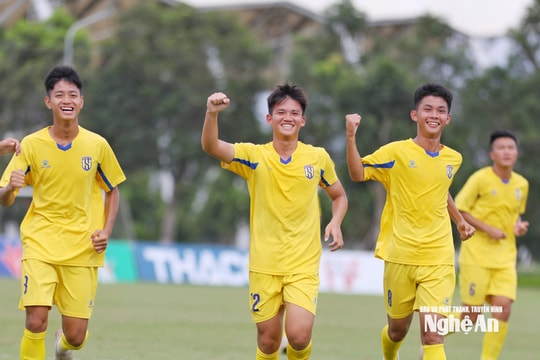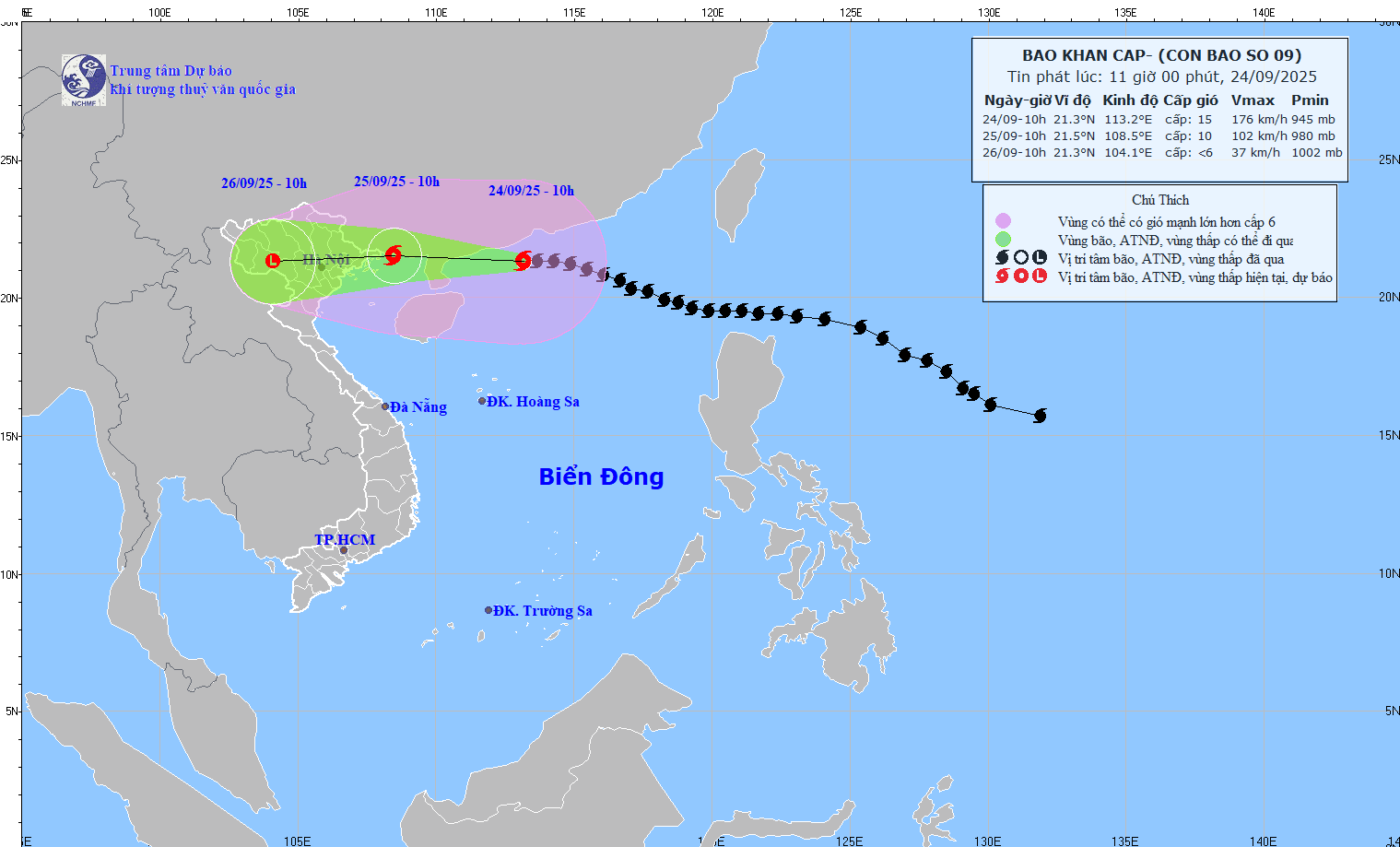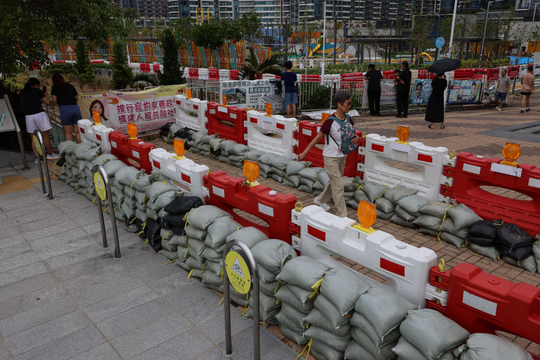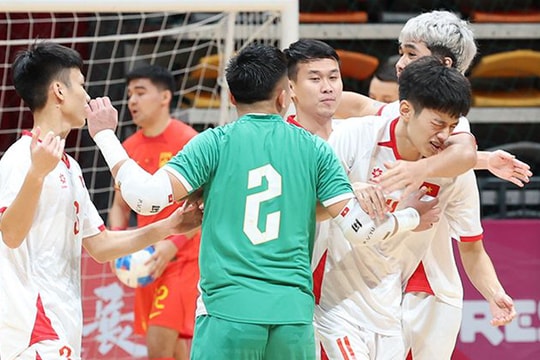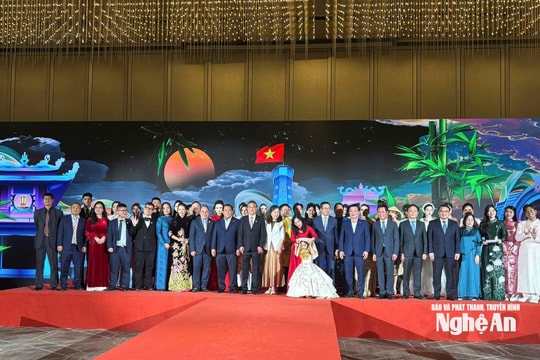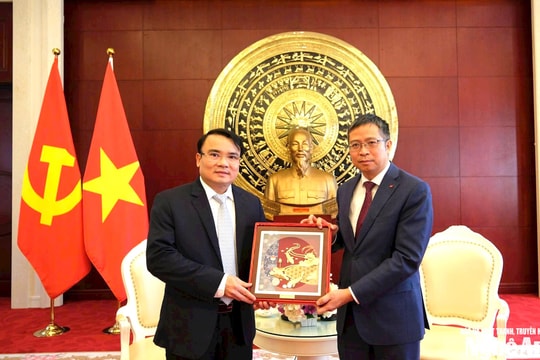China's Difficulty in Making Friends in the World
If the Chinese government chooses to soften its stance to make more international friends, it may face backlash from domestic nationalism.
|
Chinese President Xi Jinping. Photo:WSJ |
Last week, a Chinese official raised a question that puzzled his colleagues: "China is rising, so why can't we make more new friends and why isn't our voice heard?"
The question has taken on added weight as the US-China trade war escalates and Chinese authorities try to win support at home and abroad.
The question continued to surface at the annual Shangri-La Dialogue security forum in Singapore last weekend, as Chinese officials struggled to balance the need to appear tough to reassure their domestic audience and the task of conveying a conciliatory message to an international audience wary of Beijing’s foreign and defense policies.
Colonel Zhao Xiaozhuo, a senior expert at the Chinese Academy of Military Sciences, said these were conflicting expectations in Singapore.
"There are currently two parallel worlds in public opinion, one at home and one abroad. They are basically two extremes with no common ground," he said. "The Shangri-La Dialogue is where those two worlds collide. As China's representative at the forum, we need to present our position, but balancing expectations on both sides is becoming increasingly difficult."
"If you appear tough, domestic public opinion will be satisfied but it will displease international audiences. But if you appear soft, we will become the target of domestic public criticism," Zhao stressed.
According to him, this is an unprecedented challenge for Chinese officials as they have to ensure balance in their statements while pleasing the leadership.
"Our mission is diplomacy and making friends. But in the difficult position we are in now, you cannot make more friends and you can even aggravate tensions," he said.
The pressure was on Chinese Defense Minister Wei Fenghe when he spoke at the Shangri-La Dialogue on June 2. In his speech, he struck a defiant tone, declaring that the Chinese military would “fight at all costs” to “reunify” Taiwan and that China was ready to fight to the end with the United States on the trade front.
Major General Jin Yinan from China's National Defense University, a member of the Chinese delegation to the Shangri-La Dialogue, said Minister Wei's remarks dashed expectations that China would show restraint toward the US, while highlighting Beijing's confidence on the international stage.
The public reaction at home has been positive. Thousands of Chinese social media users have expressed support for Wei's tough statements. "This is the attitude the Chinese military should show the world," one social media user commented. "I am proud that my country is strong and powerful," another wrote.
Over the past year, Beijing has tightly controlled information about the trade war in domestic media and social networks to limit the increase in tensions. But since the trade talks collapsed in early May, the government has focused on promoting nationalist sentiment among the public through newspapers and television.
China also frankly expressed its stance to the world with a trade white paper published on the same day as Minister Wei's speech in Singapore. The white paper affirmed that the US must bear responsibility for the breakdown of trade negotiations between the two sides.
A Chinese delegate attending the forum said Beijing felt Washington had long had the advantage in shaping global public opinion and China now had to find ways to make its voice heard.
"We need to get used to voicing our opinions through Western forums. The US has criticized us on many issues. But why does the US monopolize every forum and have the final say on every issue?", the Chinese delegate asked.
Before Minister Wei, China had not sent any high-ranking officials to the Shangri-La Dialogue for eight consecutive years. Beijing had repeatedly sought to downplay the forum, arguing that it was nothing more than a tool for the US and its Western allies to attack China.
In 2002, China organized its own Beijing Xiangshan Forum to counter the Shangri-La Dialogue and widely broadcast its voice on security issues.
However, Chinese officials are well aware that the Beijing Xiangshan Forum cannot have the same impact and prestige as the Shangri-La Dialogue, said Collin Koh, a fellow at the S. Rajaratnam School of International Studies at Nanyang Technological University in Singapore.
The presence of the Chinese defense minister in Singapore is a "positive sign," said Andrea Thompson, the US undersecretary of state for arms control and international security. She hopes Beijing will be more open and transparent in addressing international issues such as arms control and cybersecurity.
"I appreciate his presence here. I think dialogue is important... There will be areas where we can agree or disagree, but you have to have dialogue," she said.

